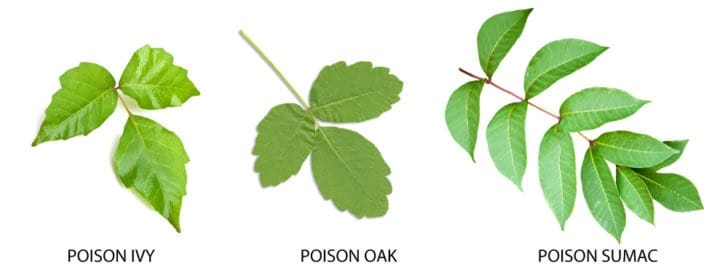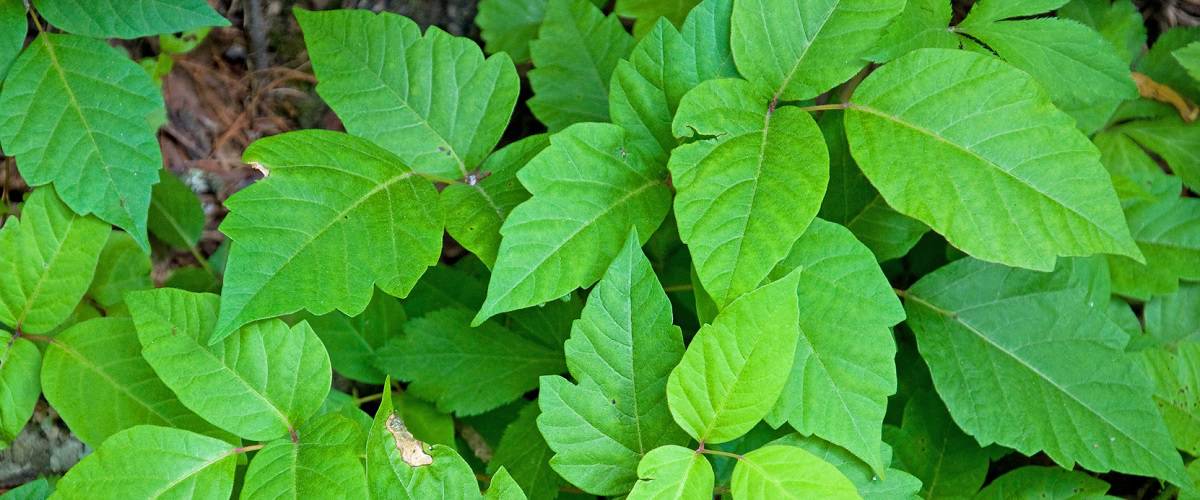Poison Ivy is one of the most common camp time afflictions, and it’s twice as bothersome. To better prepare for the eventual problems this plant brings, we need to better understand it. Here’s how to identify, diagnose, and treat a poison ivy rash.
The itchy, annoying rash associated with the plant is the result of an oily resin known as urushiol. This oil is found on the stems, leaves and roots of poison ivy, poison oak and poison sumac. They’re different names, but all the same rash. You can also be affected by urushiol in the air as a result of burning the related plants.

Symptoms of a rash include redness, itching, swelling, blisters, and depending on if you inhaled it, difficulty breathing. If you know you’ve come in contact with one of these plants, wash the area immediately to avoid a rash developing. If items or clothing have come in contact with urushiol, they should be washed as soon as you are able, to prevent spreading. Avoid touching the affected area for the same reason. The rash will develop 12 to 48 hours after contact, and lasts up to three weeks after.
If it is a minor case, you can treat it at home with soothing lotions and cool baths. For severe or widespread cases (or places such as your face or genitals), you may require professional attention. You should see a doctor if the rash is large or severe, you experience difficulty breathing as a result from the smoke of a burnt plant, continued swelling, the rash is on your eyes, mouth, or naughty bits, you develop a fever, the rash doesn’t go away after a few weeks, or blisters are oozing pus.
Rashes can happen from anything between farming and firefighting, but it’s still an avoidable problem. When hiking, try not to wade through the plant life, and opt for cleared paths. Keep your pets from running around unestablished areas, as the oil can stick to their fur and onto you. And of course, cover your feet and legs entirely when roaming in areas known for poison ivy, long sleeve shirts and gloves are additional measures you can take. Lastly, wash your things, and yourself, thoroughly after going on a plant-heavy expedition.

